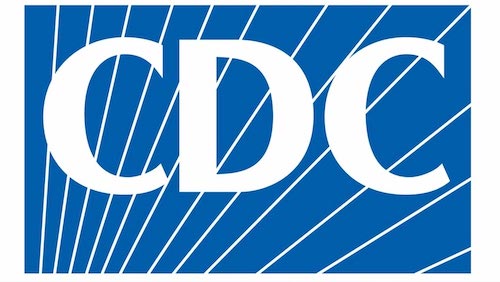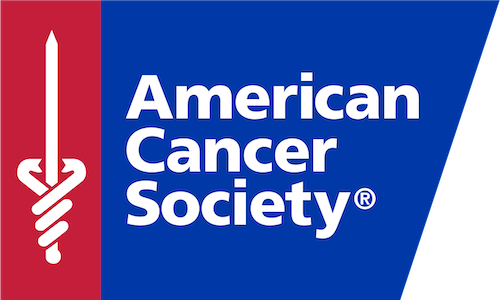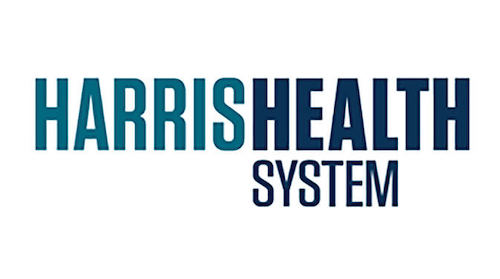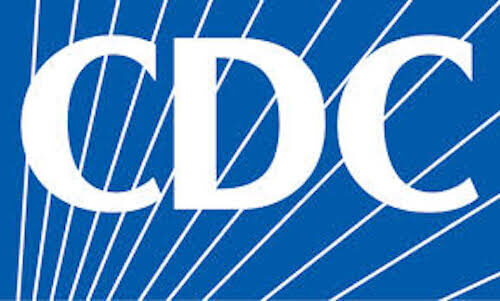Birth Defects Surveillance and Research Fellowship, CDC
Category : Post-Grad Student Opportunities
Description
Three research opportunities are currently available in the Division of Birth Defects and Infant Disorders (DBDID), within the National Center on Birth Defects and Developmental Disabilities (NCBDDD) at the Centers for Disease Control and Prevention (CDC) in Atlanta, Georgia.
NCBDDD’s mission is to improve the health of children and adults by preventing birth defects and developmental disabilities, and complications of heredity blood disorders; promoting optimal child development, and the health and wellness among children and adults living with disabilities. Participants will train within the Birth Defects Monitoring and Research Branch or the Infant Outcomes Monitoring, Research, and Prevention Branch. The DBDID conducts birth defects surveillance and research into the possible causes and long term outcomes of birth defects, emerging threats to infants/pregnant women, intervention and prevention activities.
Research Project
The purpose of this fellowship program is to provide an educational experience to individuals interested in the field of public health and reproductive and birth defects epidemiology. Opportunities are aimed at furthering the health communication science, epidemiological and analytical knowledge of participants. Participants are assigned to train on various projects and can expect to gain valuable learning experiences in the development, implementation, and evaluation of health communication campaigns, surveillance and research study management, database cleaning, data analyses, intervention, prevention strategies, interpretation of the results, writing manuscripts and giving oral presentations.
Learning Objectives
Participant training involves some or all of the following:
- literature searches
- participation in surveillance and research projects
- translation of scientific research and data into consumer-focused materials
- development and evaluation of social media
- website management
- use of statistical software, analyses of data and summarization of findings
- intervention and prevention activities
- utilization of MarketScan or other claims or health record data
- assessing risk factors for birth defects and the long term morbidity and mortality of infants born with birth defects
- verbal and written presentations of epidemiologic studies or surveillance activities at scientific conferences
- preparation of scientific manuscripts, posters, presentations, and fact sheets, and other information
Mentors
The mentors for these opportunities are Laura Pabst (lnw9 [at] cdc [dot] gov) and Bill Paradies (wep2 [at] cdc [dot] gov). If you have questions about the nature of the research please contact the mentor(s).
Qualifications
Minimum
The qualified candidate should have received a master’s degree in one of the relevant fields, or be currently pursuing the degree with completion by the end of May 2021. Degree must have been received within five years of the appointment start date.
Preferred
- Strong writing, verbal, and interpersonal skills.
- Experience in:
- qualitative and quantitative research using SAS, SPSS, R, SUDAAN or other statistical software
- reference management software
- claims data (Marketscan, HCUP, Medicaid Max), or other large datasets
- communication principles, methods, practices, techniques, and analytical methods to execute and measure health communication campaigns and outreach efforts
- Background in epidemiology or maternal and child health
How to Apply
Click here to read more about this position an apply online!





Recent Comments